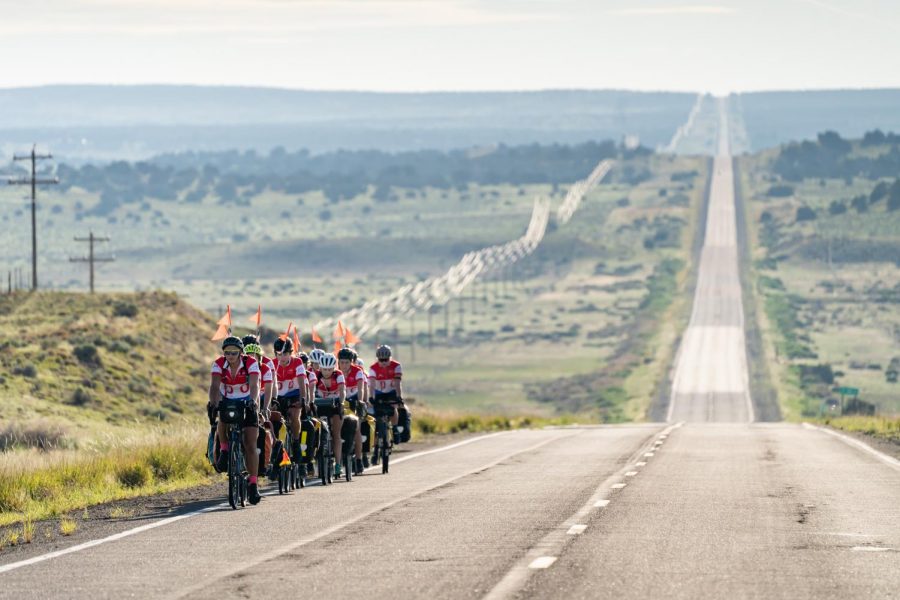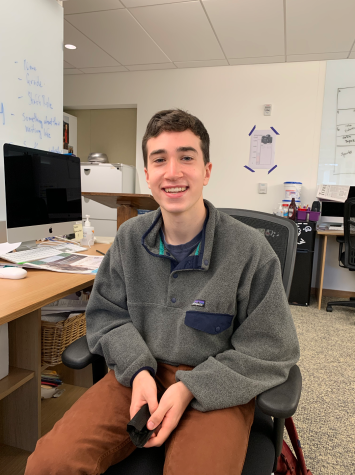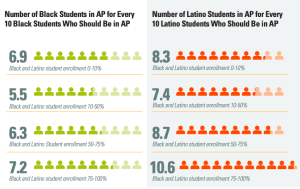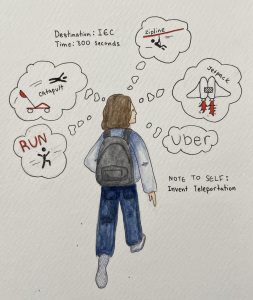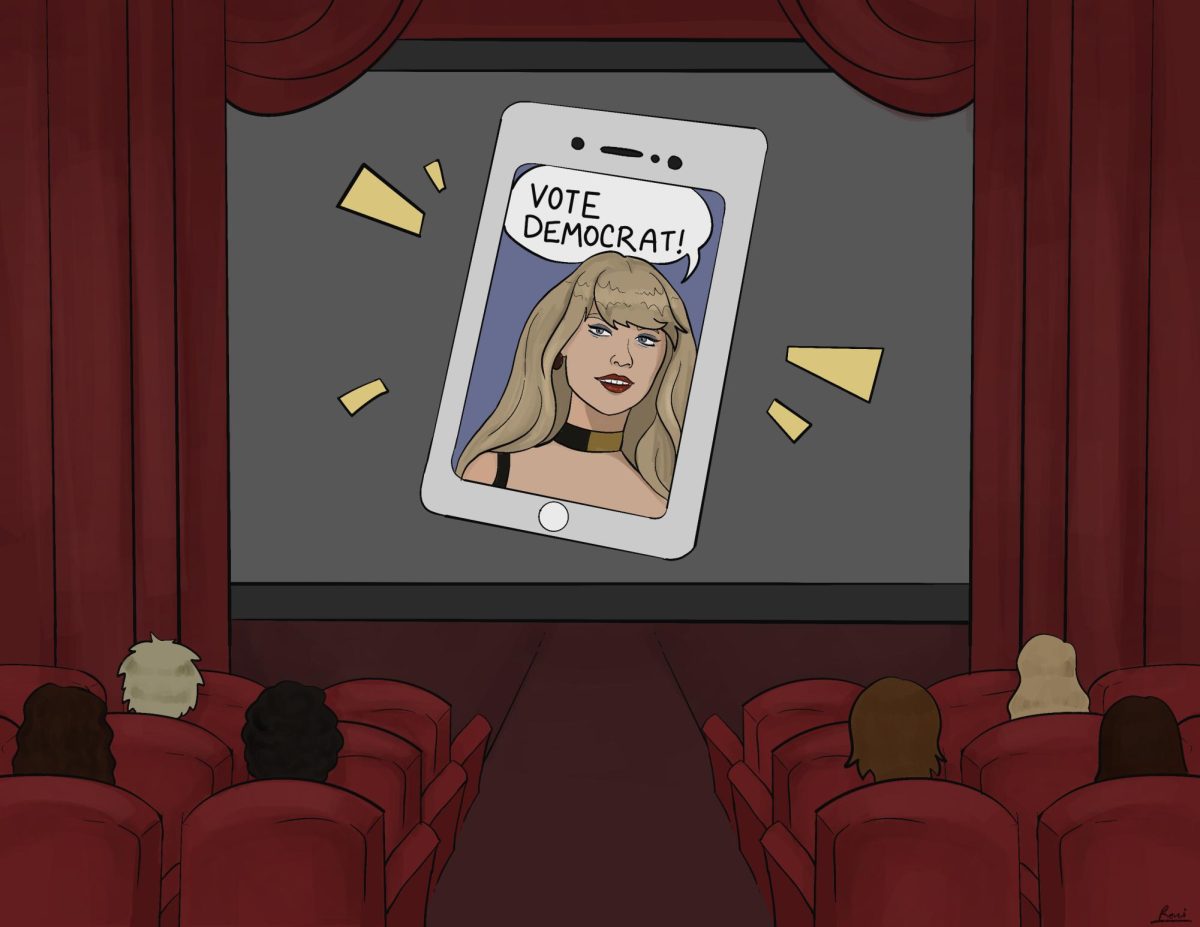Shifting Gears: Reflecting on my trip to the Deep South
Andrew Mitchell and group bike-pack across America. Mitchell went on a six week journey through nine states from Charleston, S.C. to San Diego, C.A.
October 29, 2021
I biked into Yazoo City, Mississippi after 10 hours of trekking through the American Southwest in 120 degree temperatures, greeted by a dozen oil drills and a welcome sign that was more graffiti than sign. This was the fourth of nine states I would have to pedal through as I “bike-packed” my way across the United States.
I entered Yazoo City with a lot of preconceived notions—my expectations formed around simple facts that I could gather on the internet: 49 percent of Yazoo City’s population lives below the poverty line, meaning half of the residents don’t make enough money to get by. As of 2019, the average household income was $24,688, meaning that an entire family usually makes less than $100 a day. I knew that the majority of jobs in the general area contributed to the drilling, transporting and selling of crude oil. I knew that my political beliefs and religion would have to be concealed in order to protect myself. I knew that I was entering the poorest city in the poorest state in America.
As we approached the end of our ride for the day, we arrived at the church where we would be staying that night. The caving roof, chipped paint and cracked window only confirmed what I expected. I worriedly dug my nails into my handlebars, as a worn down jeep truck approached us, its engine roaring like thunder.
“I bought y’all some gatorade,” yelled a man from out the window. “I admire what y’all are doing. Keep on chugging,” he added as he pulled away.
We all sat stunned as he drove away with two busted tail lights, taken aback by the purity of the interaction.
The southern hospitality embraced us more warmly as our time in town went on. In the span of two hours, we had families offer to do our disgusting laundry, cook us a “Mississippi-Style Dinner,” and give us blessings. I was overwhelmed by the unadulterated kindness and generosity flowing through the streets of Yazoo City.
That night was “taco salad Tuesday” at the church, and my trip mates and I gathered with the congregation to say grace and to then to resupply the thousands of calories we had lost that day. As I was distracted by the food, my friend, Abe, asked about the oil drills we saw entering town.
“What’s the deal with all those drills?” he asked with an urban innocence.
I braced myself for what I thought was coming—a rant about how America’s economy is fueled by oil or a speech about how climate change isn’t real. Instead, I was met with a sigh, and a simple statement from the Pastor.
“That’s the only work we got ‘round here, besides being a Pastor of course. It’s the only way to put food on the table.”
That night as I blew up my sleeping pad and shimmied into my sleeping bag, I forced my tired body to stay awake for a moment of introspection. I thought about the expectations I had coming into that question at dinner—and the South at large. I realized that almost everything I expected was shaped around my homogeneous communities back home, my reaffirming news sources, and subconscious desire to label a place I knew little about with sweeping generalizations. I expected something “other,” and all I found were human beings.
I left Mississippi with two realizations that persisted all the way to across the rest of my journey and back into my life in New York. The first comes at face value: kindness doesn’t need to stem from anything but kindness. I met the most selflessly generous people, who, despite the money they had or didn’t have, gave whatever they could, even when that was just a blessing.
The second realization comes with a suggestion to the Masters community: an individual’s politicized beliefs does not allow an onlooker to categorize them based solely on that basis. I know that statement seems obvious, but I found in myself that it was not. I hold the strong view that we need to stop using fossil fuels for the sake of our world; however, now that belief comes with some nuance. Prior, I thought, “How could anyone not believe this too?” Now, I simultaneously consider, “How could I cut off Yazoo City’s only source of income, knowing how they struggle financially and are kind wholeheartedly?”
I still firmly believe that we need to stop using fossil fuels now. However, I am much more empathetic to those who don’t have the privilege to believe the same: those who need oil to support their families and put food on the table. I am not in the position to judge them.



